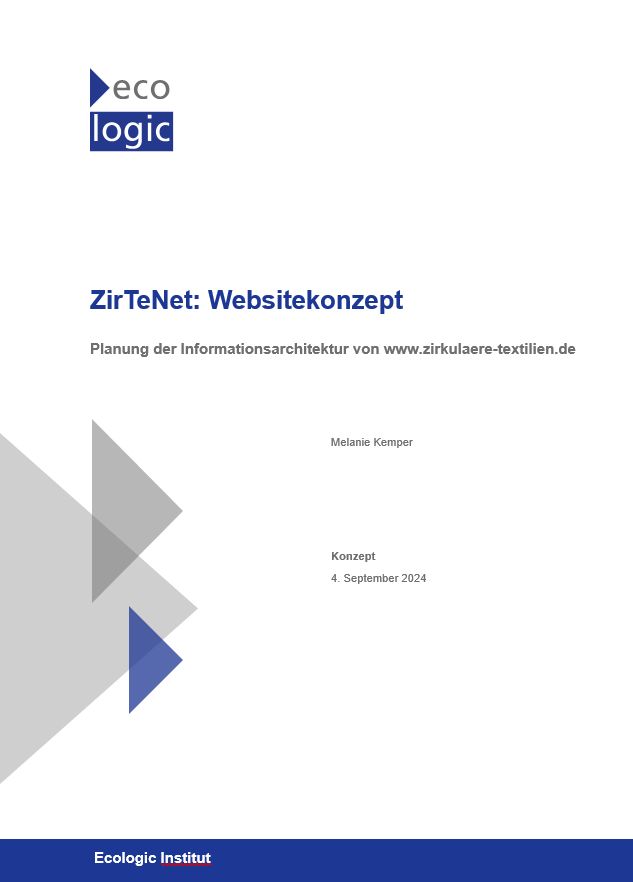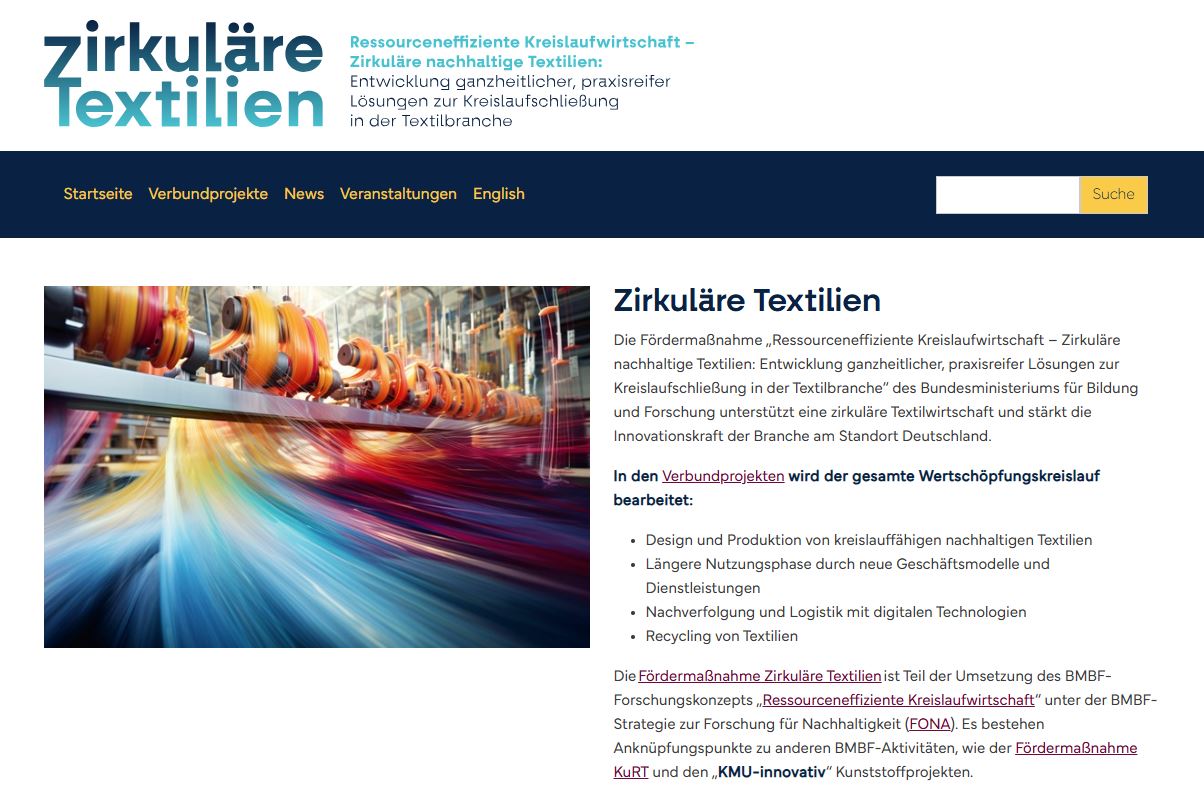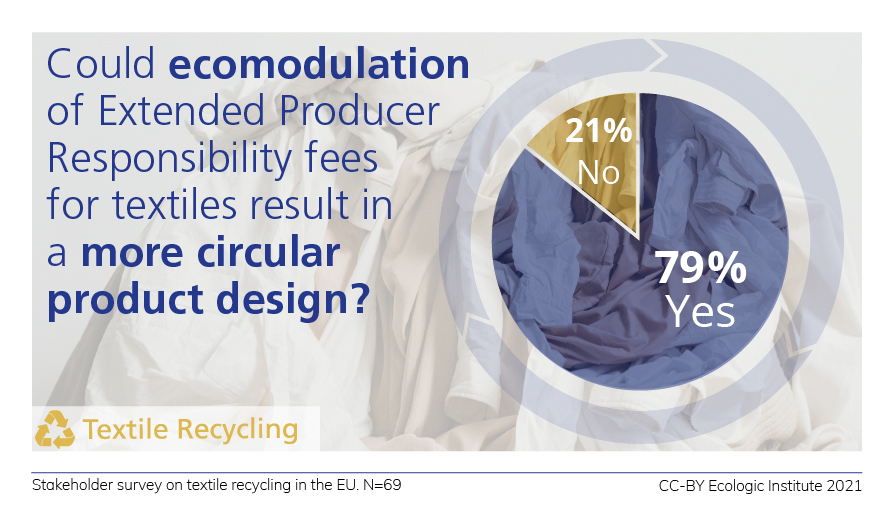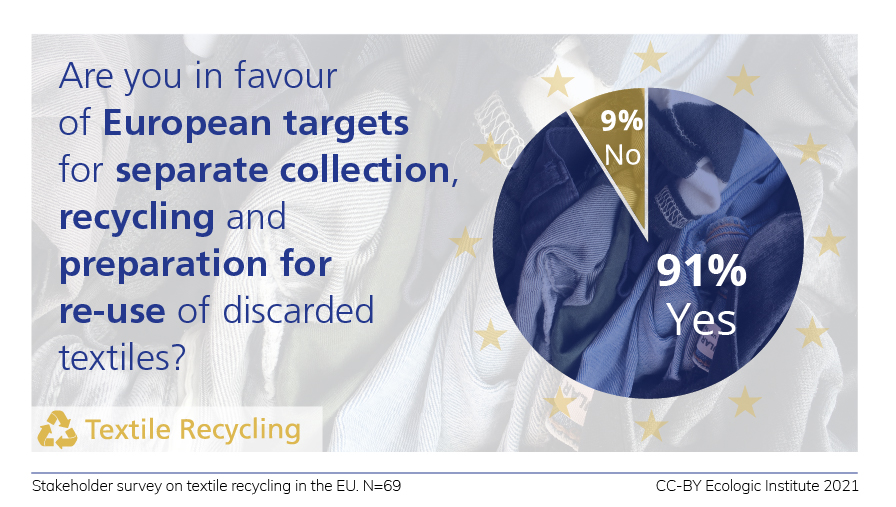© ZirTeNet, 2024
From Thread to Cycle: Business Models for a Circular Future
Online Workshop
- Event
- Date
-
- Location
- Online, Germany
- Speaker
How can circular principles be effectively integrated into corporate strategies beyond recycling? Which approaches work in practice? These questions guided the online workshop "From Thread to Cycle: Business Models for a Circular Future", held on 25 September 2025 as part of the BMFTR funding initiative "Resource-Efficient Circular Economy - circular sustainable textiles."
Moderated by Mandy Hinzmann (Ecologic Institute), the event brought together experts from research, business, and civil society to discuss how circular business models can transform the textile sector.
Prof. Dr. Florian Lüdeke-Freund (ESCP Business School) highlighted that circular models aim to preserve value rather than create waste, while Rebecca Tauer (WWF) introduced tools to help companies develop impact-oriented strategies. In the final input, Nicole Kösegi (solutions for business) emphasized the role of reuse, repair, rental models, and digital product passports, as well as the importance of regulation and standardization in driving innovation.
The concluding discussion underscored the importance of collaboration among projects working on diverse textile applications – from fashion to technical textiles – to overcome shared challenges such as limited storage capacity and complex waste streams.







